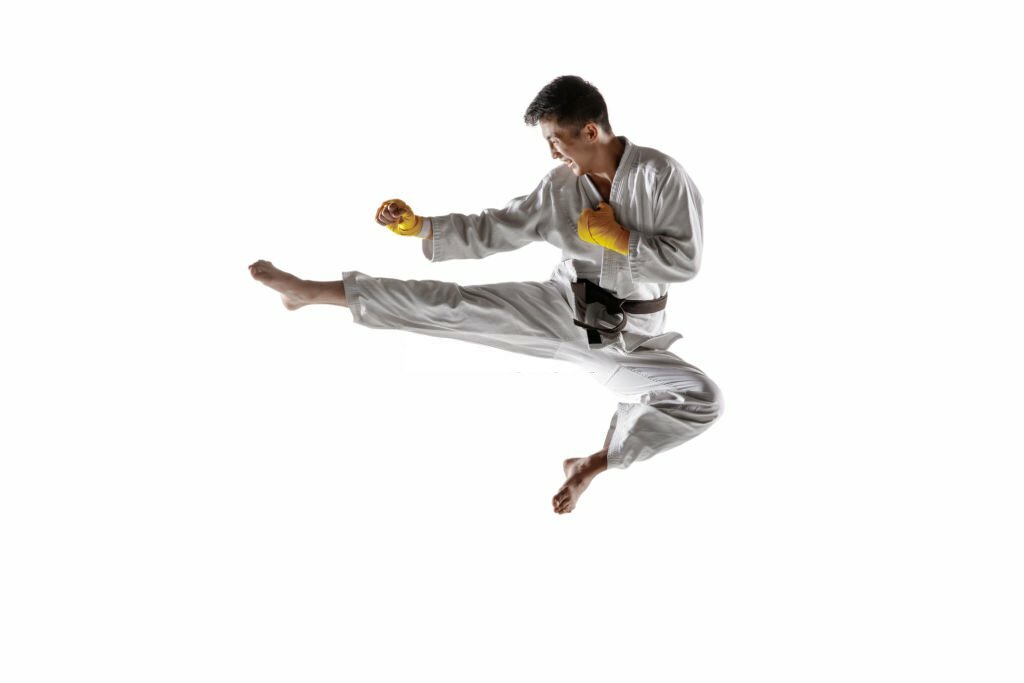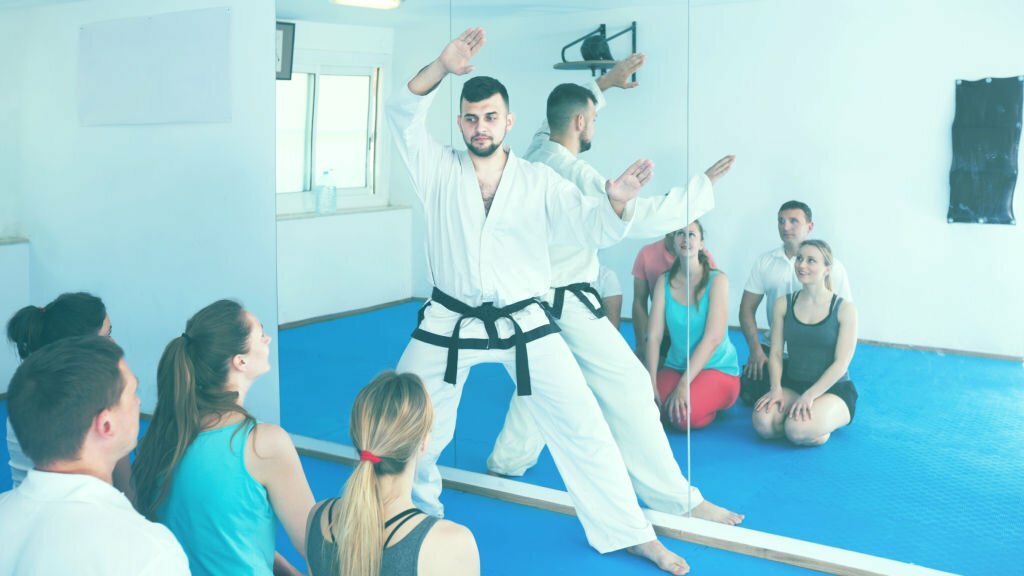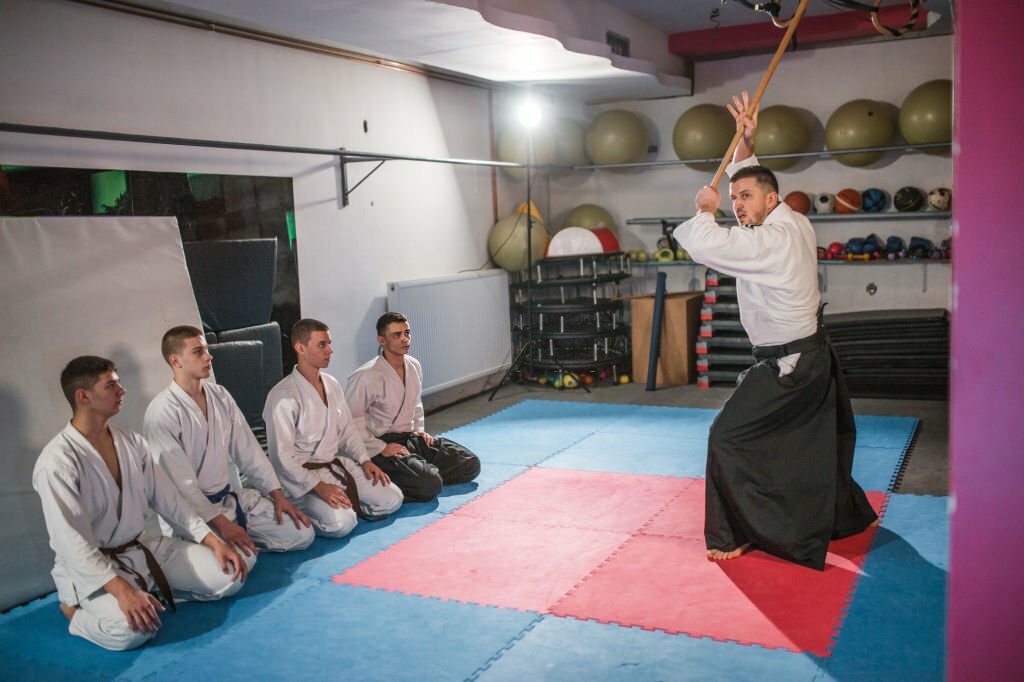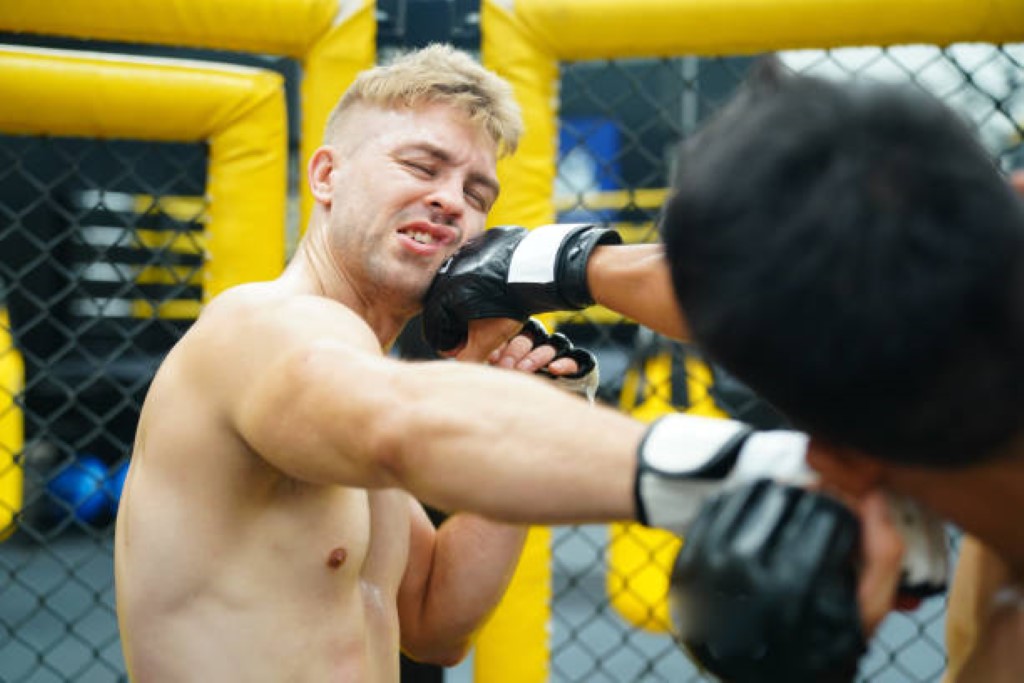In the dynamic world of sports, athletes are continually seeking ways to gain a competitive edge and improve their performance. While traditional training methods are essential, incorporating unconventional approaches can often lead to significant advancements in skill development.
One such unconventional yet highly effective method is joining a martial arts club. In this article, we will explore the strategic moves that make joining a martial arts club a valuable asset for enhancing overall sports skills.
Understanding the Foundations: Discipline and Focus
Discipline and focus are the foundational pillars of success in any endeavor, and martial arts is no exception. These principles extend far beyond the confines of the dojo, influencing various aspects of an individual’s life, including their approach to sports and athleticism.
Discipline: The Core of Athletic Success
Martial arts, with its deep-rooted traditions and rigorous training, instills a sense of discipline that transcends the dojo. Athletes who engage in this training develop a strong work ethic, punctuality, and a commitment to continuous improvement.
This discipline becomes the backbone of success in any sport, fostering consistency and perseverance in the face of challenges.
Focus: Sharpening the Mind-Body Connection
Martial arts place a premium on mental focus and concentration, crucial elements in sports performance. Whether it’s maintaining eye contact with an opponent or executing precise movements, martial artists learn to synchronize their minds and bodies.
This enhanced mind-body connection can significantly improve an athlete’s reaction time, coordination, and overall spatial awareness – essential attributes in numerous sports.
Physical Conditioning: Strength, Flexibility, and Endurance
Physical conditioning is a cornerstone of athletic success, and martial arts training from Warriorscove.com offers a holistic approach to developing strength, flexibility, and endurance.

Strength: Building a Solid Foundation
Martial arts training incorporates various strength-building exercises that target different muscle groups. From striking drills to grappling techniques, practitioners develop functional strength that translates well into other sports.
This enhanced strength becomes a valuable asset, providing athletes with the power needed to excel in their chosen disciplines.
Flexibility: Fluidity in Motion
Many martial arts disciplines emphasize the importance of flexibility in executing techniques seamlessly. Athletes who engage in training benefit from improved range of motion, reducing the risk of injuries and enhancing overall mobility.
This flexibility is particularly advantageous in sports that demand quick directional changes, agility, and swift movements.
Endurance: Going the Distance
Martial arts training sessions often involve high-intensity workouts that push practitioners to their limits. The emphasis on cardiovascular endurance in martial arts translates into improved stamina for athletes.
Whether it’s running long distances or enduring extended game times, increased endurance can give athletes a competitive edge, allowing them to outlast their opponents.
Strategic Thinking: Mental Toughness and Tactical Acumen
Strategic thinking in sports encompasses mental toughness and tactical acumen, two vital components that can elevate an athlete’s performance to new heights.
Drawing parallels with the strategic mindset cultivated in martial arts, athletes can gain a competitive edge by honing their mental resilience and strategic decision-making abilities.

Mental Toughness: Thriving Under Pressure
Martial arts training is not just physically demanding; it also cultivates mental toughness. Athletes learn to overcome adversity, stay focused in high-pressure situations, and bounce back from setbacks.
This mental resilience is invaluable in sports, where the ability to perform under stress can make the difference between victory and defeat.
Tactical Acumen: The Art of Strategy
Martial arts, often described as a physical chess match, requires practitioners to think strategically and anticipate their opponent’s moves.
This tactical mindset transfers seamlessly to other sports, where athletes must analyze the game, adapt to changing circumstances, and make split-second decisions. The ability to read the opposition and strategically plan one’s actions becomes a significant advantage in competitive sports.
Team Dynamics: Communication and Cooperation
Team dynamics play a pivotal role in the realm of sports, and the principles of communication and cooperation instilled in martial arts clubs can significantly enhance an athlete’s effectiveness within a team setting.
Communication: Verbal and Non-Verbal
Many martial arts clubs focus on group training, fostering effective communication among practitioners. Whether it’s verbal cues or non-verbal signals, athletes learn to collaborate seamlessly with teammates.
This enhanced communication is transferable to team sports, where understanding and conveying information efficiently can lead to better coordination and synchronized team efforts.
Cooperation: Unity in Diversity
Martial arts clubs bring together individuals with diverse backgrounds, skills, and abilities. Learning to work collaboratively with people of different strengths and weaknesses fosters a sense of unity and cooperation.
This team-oriented mindset is instrumental in sports, where success often depends on how well athletes can complement each other’s skills and work towards a common goal.
The Mental Game: Resilience and Emotional Control
In the competitive arena of sports, the mental game is often as crucial as physical prowess. Martial arts, with its focus on discipline and strategic thinking, contributes significantly to an athlete’s mental resilience and emotional control.
These qualities can be decisive factors in achieving success and overcoming challenges in the sporting world.

Resilience: Bouncing Back from Setbacks
Martial arts instill a sense of resilience, teaching athletes to bounce back from defeats and setbacks. This mental fortitude is crucial in sports, where maintaining composure after a loss and learning from mistakes are essential for long-term success.
Emotional Control: Mastering the Psychological Aspect
Martial arts training involves controlled and focused emotional states. Athletes learn to manage their emotions, whether it’s the adrenaline rush before a competition or the frustration of facing a challenging opponent.
This emotional control is a key asset in sports where maintaining a calm and composed demeanor is crucial for making sound decisions.
Conclusion
In conclusion, joining a martial arts club is a strategic move that goes beyond learning self-defense techniques. The discipline, focus, physical conditioning, strategic thinking, team dynamics, and mental resilience cultivated in training can significantly enhance an athlete’s overall sports skills.
As sports continue to evolve, embracing unconventional methods like martial arts becomes a pathway to unlocking untapped potential and achieving excellence on the field.
So, whether you’re a seasoned athlete or a budding sports enthusiast, consider the strategic move of joining a martial arts club to elevate your game and take your skills to new heights.



